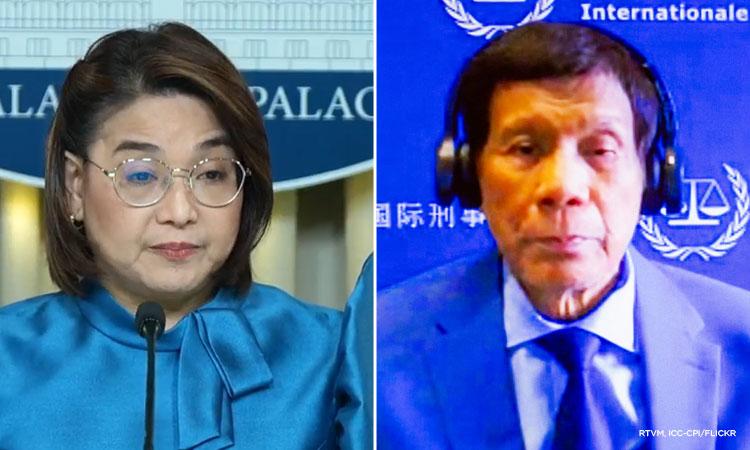ICC decisions based on Rome Statute, not political statements - Palace
Kuala Lumpur, Malaysia - Malacañang said that the International Criminal Court (ICC) bases its rulings on the Rome Statute and not on political statements, following claims by former president Rodrigo Duterte’s legal team that remarks from President Ferdinand Marcos Jr. support their jurisdictional argument.
In its Oct. 23 ruling, the ICC’s Pre-Trial Chamber I rejected Duterte’s lawyers’ assertion that the court has no authority to investigate alleged crimes against humanity committed during the previous administration’s war on drugs.
The defense team had cited Marcos’ earlier statements that his administration would not cooperate with the ICC, claiming they reflect the Philippines’ position that the tribunal no longer has jurisdiction.
“The Defence further relies on public statements by the current President of the Philippines, Mr. Ferdinand Marcos Jr., that his administration will not cooperate with the Court, arguing that this reflects the State’s position that the ICC no longer has jurisdiction,” the ICC decision stated.
However, the chamber said political pronouncements could not override the country’s obligations under the Rome Statute, particularly Article 127(2).
“Domestic political declarations cannot affect the Court’s jurisdiction, which derives from the Statute and not from fluctuating positions of States,” the decision read.
Responding to the development, Presidential Communications Office Undersecretary and Palace Press Officer Claire Castro said the ICC’s decisions are guided by law, not politics.
“The ICC based its decision on the Rome Statute and will not be guided by political statements,” Castro told reporters during a press briefing at the sidelines of the 47th ASEAN Summit here.
“So, if such statements are used, it will depend on the ICC, but as far as I know, they are not influenced by political statements.”





